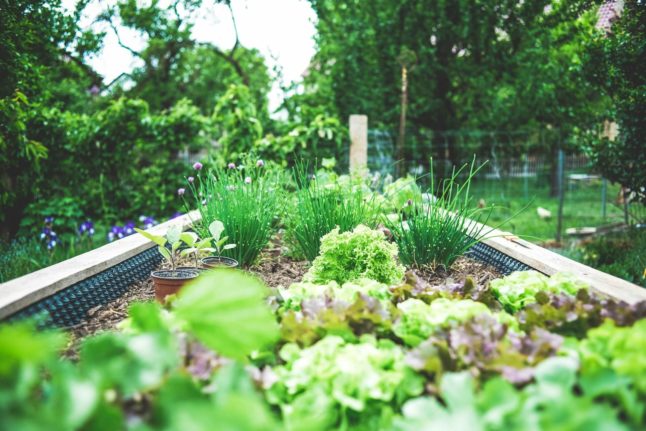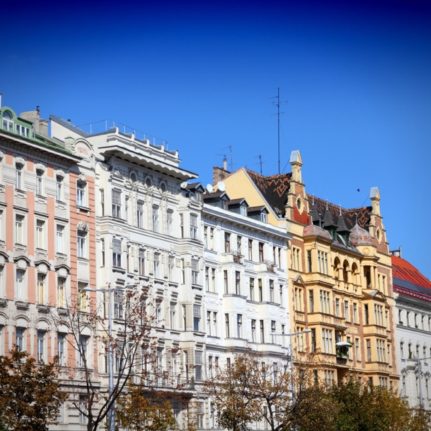While living in a larger city, growing your plants and vegetables might seem difficult. However, Vienna offers urban gardens where you can sow seeds with others from your neighbourhood.
When you walk around in the different districts of Vienna, you are likely to run into some of the city’s many communal gardens where residents grow plants, vegetables, or whatever they feel like. Sometimes, the urban garden is just a smaller wooden box in the middle of a pavement street, and other times, it occupies a larger area in a greener location. Every urban garden is different.
Meet, connect, and learn.
Following examples from cities like Paris, Berlin, London, and New York, community gardens are becoming increasingly common in Vienna. Schools and preschool groups are involved in many projects.
Since 2010, Vienna has actively supported urban gardens, with many projects in place and others in development. These gardens create urban green spaces and encourage neighbours to meet, connect, and participate in a community. Using the motto “Gemeinsam garteln verbindet” (gardening together connects), the gardens also promote closeness to nature within the city and knowledge about the production and quality of food.

How do you get involved?
In Vienna, every district offers a certain number of urban gardens. To become a member, you can look at the options in your desired district and contact them directly to ask if there is space for you to participate.
On this website, you can find information about the different gardens based on districts and their contact information. It is good to email or phone them, tell them a bit about yourself and why you are interested, and see if you can participate.
If you live in a Gemeindebau (social housing), there are special community gardens available for you, which you can find here.
Most urban gardens in Vienna are intended for long-term use, but there is also a possibility of participating in them for a shorter amount of time; everything depends on the specific garden you choose.
However, active participation is only possible for registered members in most projects. If you do not get an opportunity to participate immediately, you have some alternatives, such as Naschgarten in the 21st district, where you can go and lend a helping hand or taste the garden’s vegetables and fruits.
READ ALSO: EXPLAINED: How to start a Verein in Austria



 Please whitelist us to continue reading.
Please whitelist us to continue reading.
Member comments